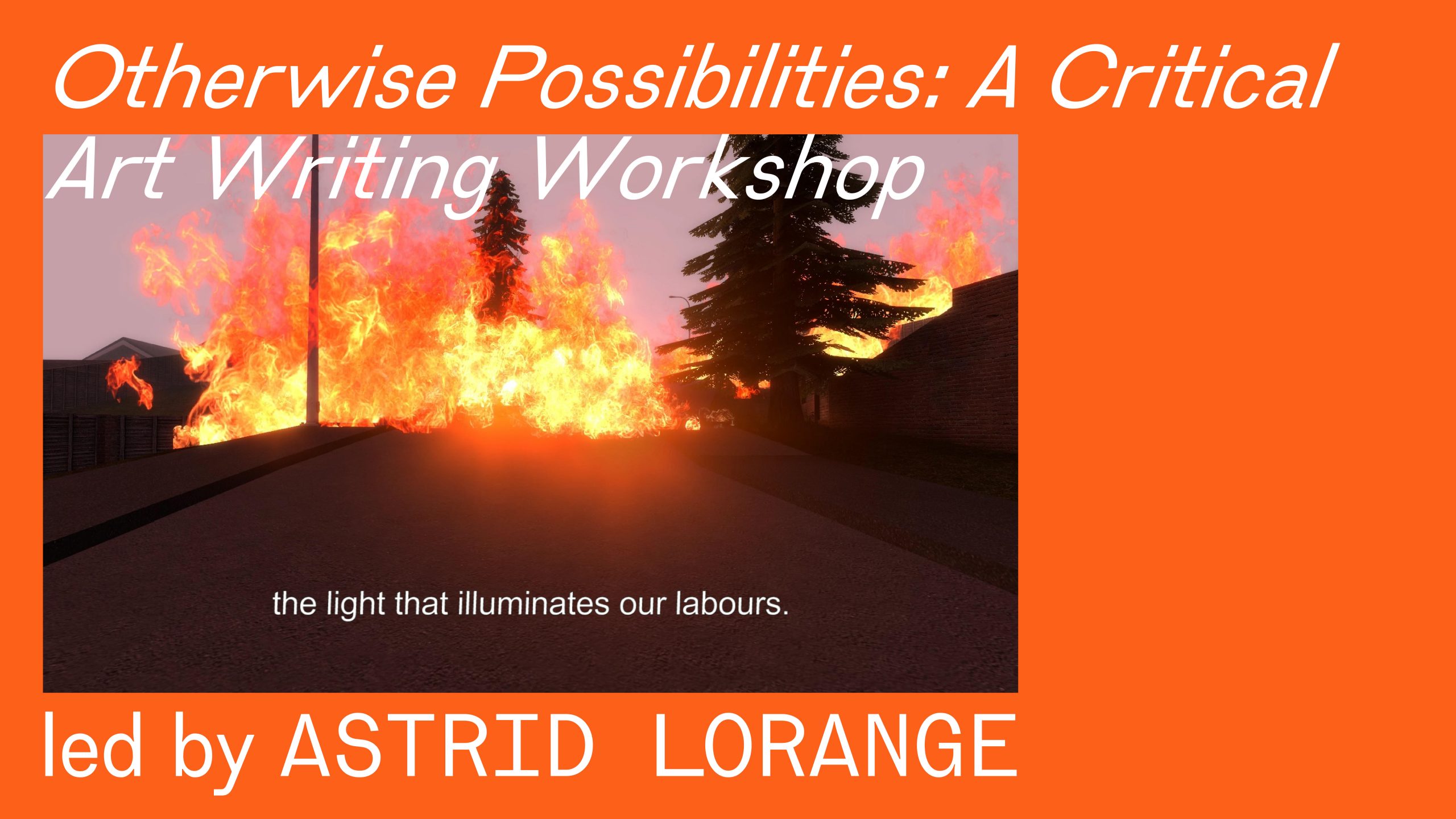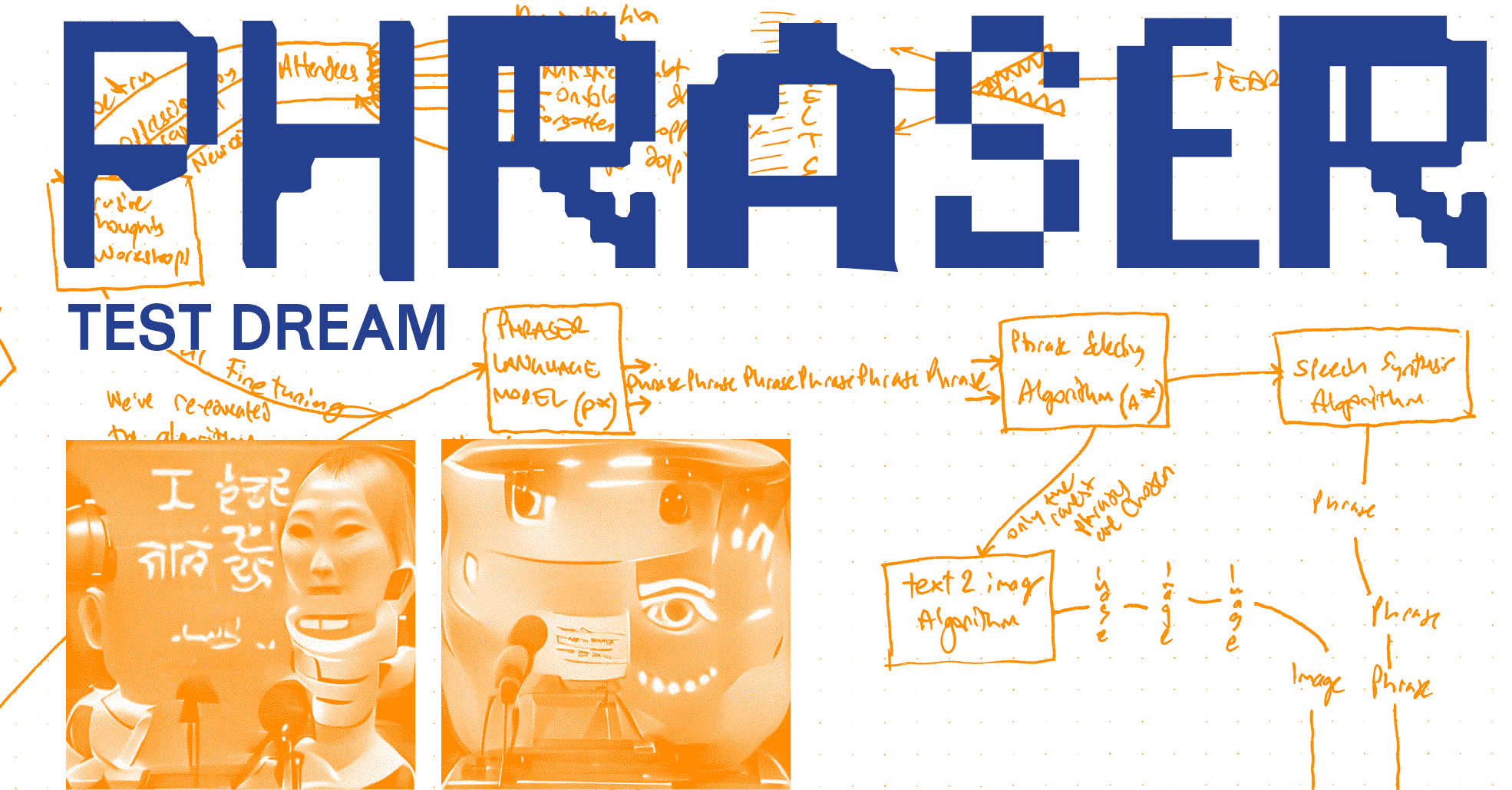A spectral appetite
Jill Pope
“To live, by definition, is not something one learns. Not from oneself, it is not learned from life, taught by life. Only from the other and by death”
– Jacques Derrida, Specters of Marx
I never knew my father. Or rather I have no conscious memory of him. I never called him Dad, only ever ‘my father’ or by his first name. The last time I saw him I was two years old. When he died my mother gave me a small, plastic photo album of pictures of him. Us frolicking in the sand on a Gold Coast beach. His bare chest hunched over a chess set, eyes piercing the camera lens, his hairy face bordered by waves of unruly, brown curls. My face has curly borders, too.

My father and I at the Gold Coast

My father in Auckland
They say that when someone departs your life they leave a hole. But holes are empty. When people leave, their traces might be invisible, but you can still feel them. Cultural theorist Lisa Blackman describes these traces – “absent-presences” – as affective, sensorial and embodied:
“ghostly deposits that travel across time and space, that entangle multiple times and temporalities…phenomena which disrupt borders and boundaries between the self and other, inside and outside, material and immaterial, past and present…”
The traces that connect my father and I course through my body and beyond. From fear and affinities, to the stars themselves.
When I was three or four, a man, a friend of my mother’s, visited our house. I had never met him before but for some reason I was terrified and hid under a table, refusing to come out. The only explanation I gave was that I was frightened of his facial hair.
My mother once told me my father introduced her white Australian family to spaghetti bolognaise. One of the only things my aunt recalls about him was that he liked eating chilli on toast. I inherited this appetite for heat, food that makes you feel alive. When I cook spicy meals for my partner she sweats, while I keep a bottle of hot sauce at hand.
My father and I also share astrological placements––our north nodes in Gemini, south nodes in Sagittarius. Some astrologers see the south node as a karmic legacy, an area of life you’re comfortable with, but encouraged to release. The north node is the area of your life you hunger for, a bottomless bowl you eat from to fulfil your karmic destiny. I like how Alice Sparkly Kat talks about the nodes as cyclical, rather than binary: to get to the north node you need to go through the south node, and vice versa. My north node is in the fourth house of home, family, origins, ancestry and yes, the father. Gemini, speaks of local connections, community and communication. Sagittarius, where my south node sits, is a sign known for its wandering tendencies, forever seeking more knowledge, truth and experiences.
My father never seemed interested in trying to steady his inherited restlessness, his south node in Sagittarius. My paternal grandfather was a prisoner-of-war, captured in Serbia during WWII. He already had a family back in Selevac but started a new one after meeting my German grandmother in a prison farm near Munich. They came to Australia as refugees in 1950 with their children, including my father, the eldest. Early in his life my father tried to shed his foreignness. Ulrich Friedrich Živanić became Richard Shane Allen, or simply Rick. Rick never finished school; I’ve heard he escaped his family home in Cairns to go work on a film set in Melbourne. He worked as a miner in Asia and the Pacific Island while he played an eleven-year game of cat and mouse with my mother. She followed him from Brisbane to Mt Isa to Auckland and back again, until they had both had enough. He returned to Cairns to start a new family.

Left: Prisoner-of-war record for my paternal grandfather Borisav Zivanić. Right: Refugee certificate of my paternal grandmother and her children (my father on the left)
Neither my grandfather nor my father ever returned to Serbia. But I did. I went there in the last year of a nine-year numerology cycle, hoping to tie up the loose ends of my ancestry in a ten-day visit and a quick trip to the archives.
Walking through Belgrade’s foggy streets on my first evening, I felt the breath of my ancestors envelop me, swirling with the damp mist rolling in from the Danube. I have returned many times since, but it took me six years to make it to my grandfather’s село (village). Armed with only a smattering of Serbo-Croatian I caught a bus from Београд to Селевац one Saturday afternoon. An hour and a half later I arrived in a place that time forgot. The most striking feature of Селевац is an enormous socialist-era споменик (monument) that towers over the village green, dwarfing the modest buildings. My first stop was the town’s tiny church. Stepping inside the wooden structure, I inhaled frankincense and myrrh, my eyes adjusting to the dim light. I stopped dead in the vestibule. There, glaring at me from a marble plaque was my father’s family name. Живанић. The caretaker came to check on me, curious why a strange woman was snooping around his church. My brain and mouth cooperated enough to ask him if he spoke English (no), and eventually spat out “мој отац” (my grandfather) and “Живанић”, gesturing towards the plaque. When he responded in rapid fire Serbo-Croatian, I feigned comprehension but burnt with the shame of cultural ignorance, the curse of being second-gen.

Spomenik Palim Borcima, Selevac, Serbia

Marble plaques inside Crkva Svete Trojice (Church of the Holy Trinity), Selevac, Serbia
Belgrade has become one of my many second homes. Feeding my north node through home-making makes my south node legacy of exile and displacement more palatable. A way of being able to stomach being neither insider nor outsider.
Making homes around the world has made and unmade me. Has split me into multiple pieces, scattered like seeds. I hold onto the shoots that sprout as tightly as I can, even as they stretch me to breaking point. A global tug-of-war in my own body. My south node carries the karmic legacies of my itinerant ancestors, but my north node hungers for community and connection. Home for me is my chosen family, my queer family. Home for me is filling the plates of others, as well as my own.
The holes that people leave behind are not like those you dig in the ground, empty absences, the negative image of what has been taken away. They are active places, filled with possibilities that exist beyond any individual. Like astrological houses, even if there are no planetary placements, they still shape your life––these holes are the playground of the universe. When I think of my father I think of the skies and how what remains after he left this earth are the stars. That even though there has only ever been distance between us – emotional and physical – we are connected by our celestial alignments, bigger than us, bigger than the world.
Jill Pope is a writer and doctoral researcher in anthropology and gender studies. Much of her thinking is animated by the restlessness of the migrant condition. She has previously written about food, drinks, design and cities for a range of publications. Her research explores the drag community in Belgrade through the lenses of critical care and hauntology. Jill is interested in occult practices including tarot, astrology and other ritual work. She is currently based in Naarm, on Wurundjeri land, where she lives with her wife and cat, Jupiter.








